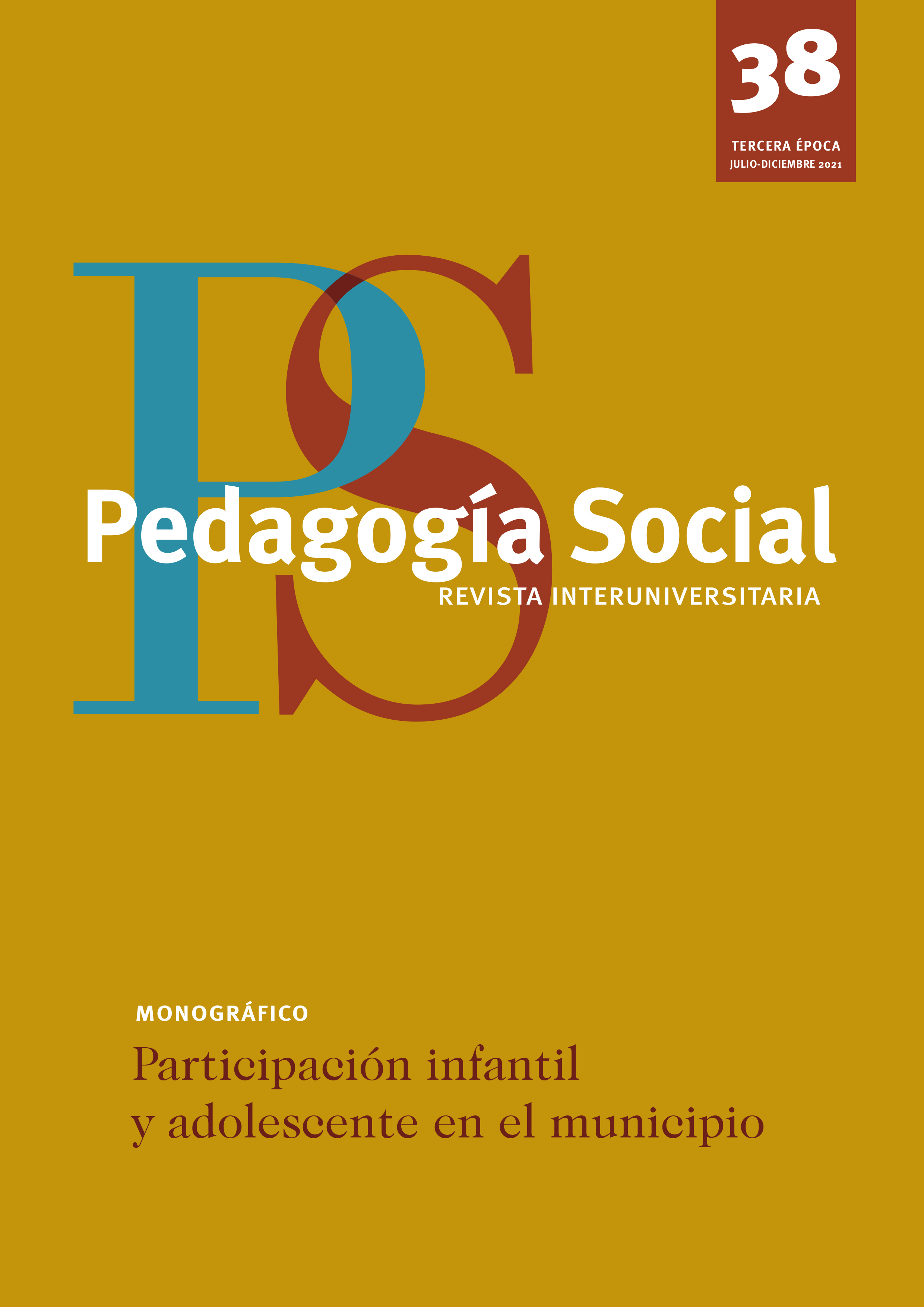Análise e validação de um teste para medir valores (TVA _ adaptado)
DOI:
https://doi.org/10.7179/PSRI_2021.38.08Palavras-chave:
teste, valores, jovens, validade de conteúdo, especialistas, validade de construto, análise fatorial, fiabilidadeResumo
O objetivo deste artigo é rever e adaptar um instrumento criado para conhecer a hierarquia de valores em jovens, a partir de 11 categorias que reúnem as dimensões da integridade da pessoa (corporal, intelectual, afetiva, individual, moral, estética, social, político, ecológico, instrumental e religioso). Este trabalho partiu da necessidade de rever o vocabulário que fazia parte dos itens do teste, na sua versão anterior, para atualizar as palavras e adaptá-las ao uso que lhes é devido hoje. O processo consistiu na validação de conteúdo, por meio de um julgamento de especialistas, com a análise qualitativa de cada item, o estudo das médias, o desvio padrão e o grau de concordância entre os especialistas por meio do coeficiente de concordância W de Kendall. A validação do construto foi realizada por meio de análise fatorial exploratória. Por fim, medimos a consistência interna dos itens por meio do coeficiente alfa de Cronbach. A produção dos dados foi constituída por 651 jovens selecionados por meio de uma amostra aleatória por conglomerados em todas as Faculdades de Ciências das Universidades Públicas de Andaluzia. Os resultados mostram valores indicativos de concordância entre os especialistas, a diferenciação das 11 dimensões que coincidem com as propostas na construção teórica e os altos níveis de fiabilidade em cada uma das dimensões. O estudo realizado resultou na versão final do instrumento.
Downloads
Downloads
Publicado
Como Citar
Edição
Secção
Licença
Direitos de Autor (c) 2021 Pedagogía Social. Revista Interuniversitaria

Este trabalho encontra-se publicado com a Licença Internacional Creative Commons Atribuição-NãoComercial-CompartilhaIgual 4.0.
Derechos de reproducción y archivo
La versión publicada de los artículos podrá ser autoarchivada por sus autores en repositorios institucionales y temáticos de acceso abierto. No obstante la reutilización total o parcial de los mismos en nuevos trabajos o publicaciones deberá ser autorizada por Pedagogía Social. Revista Interuniversitaria.
Los trabajos publicados deberán ser citados incluyendo el título de la Revista, Pedagogía Social. Revista Interuniversitaria, nº, páginas y año de publicación.
Responsabilidades éticas
Pedagogía Social. Revista Interuniversitaria no acepta material publicado anteriormente en otros documentos. Los/as autores/as son responsables de obtener los permisos oportunos para reproducir parcialmente material de otras publicaciones y citar correctamente su procedencia. Estos permisos deben solicitarse tanto al autor/a como a la editorial que ha publicado dicho material.
Es obligación de Pedagogía Social. Revista Interuniversitaria detectar y denunciar prácticas fraudulentas.
En la lista de autores/as firmantes deben figurar únicamente aquellas personas que han contribuido intelectualmente al desarrollo del trabajo.
La revista espera que los/as autores/as declaren cualquier asociación comercial que pueda suponer un conflicto de intereses en conexión con el artículo remitido.
Los autores deben mencionar en el manuscrito, preferentemente en el apartado del método, que los procedimientos utilizados en los muestreos y controles han sido realizados tras la obtención de consentimiento informado.
La revista no utilizará ninguno de los trabajos recibidos con otro fin que no sea el de los objetivos descritos en estas normas.
Aviso de derechos de autor/a
© Pedagogía Social. Revista Interuniversitaria. Los originales publicados en las ediciones impresa y electrónica de esta Revista son propiedad del Pedagogía Social. Revista Interuniversitaria, siendo necesario citar la procedencia en cualquier reproducción parcial o total.
Salvo indicación contraria, todos los contenidos de la edición electrónica se distribuyen bajo una licencia de uso y distribución “Creative Commons Reconocimiento-No Comercial 3.0 España” (CC-by-nc). Puede consultar desde aquí la versión informativa y el texto legal de la licencia. Esta circunstancia ha de hacerse constar expresamente de esta forma cuando sea necesario.






